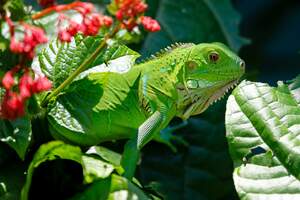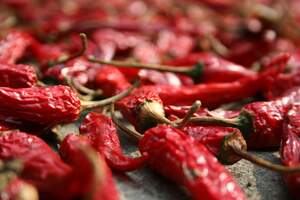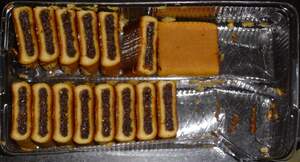

Book Publishers Day
Observed
annually on January 16th
Dates
Hashtags
Sources
https://en.wikipedia.org/wiki/Publishing
https://friends4rpl.wordpress.com/2011/01/16/book-publishers-day/
https://news.yahoo.com/full-list-holidays-observances-january-174007152.html
https://thgmwriters.com/blog/book-days-weeks-months-world/
https://www.holidaysmart.com/holidays/daily/book-publishers-day
Book Publishers Day gives recognition to book publishers, whose work allows us to access books, and thus information, sources of learning, and knowledge. A "publisher" may refer to a publishing company or organization, or to the person who leads it. Publishers may do any or all of the following: commissioning, writing, copy editing, design, copywriting, typesetting, proofreading, correction cycles, indexing, final corrections, prepress, printing, post-press, distribution, and marketing. Generally speaking, publishers find authors, and get stories to people, by distributing books for them to read.
Before the invention of the printing press by Johannes Gutenberg in 1450, scribes copied works by, essentially working as publishers. With a bit of time, the printing press brought a new era of book publishing, where books could be widely distributed at a low cost. Today books are categorized as fiction or nonfiction, and as print, audiobook, or ebook. Each book is identified by its registered ISBN.
There are four major types of book publishers: commercial publishers, self-publishers, vanity presses, and hybrid publishers. Commercial publishers are selective as to what they publish, but accepted authors pay no costs to publish, in exchange for getting the rights to sell their work. Authors receive editing, design, printing, marketing, and distribution services from the publisher, as well as royalties on their sales. With self-publishers, authors have to pay their own pre-publishing expenses, but retain all the rights to their work and receive royalties on sales. Some self-publishing houses offer services like editing and design. Vanity presses portray themselves as traditional publishers, but are similar to self-publishers, except in some cases the author must use some or all of the publisher's additional services, and the publisher may take some of the rights of the work. Hybrid publishers have a different revenue structure than traditional publishers but are similar otherwise.
There are large and small publishers. The biggest is Penguin Random House, which was created in 2013 with the merger of Penguin and Random House. The other of the "big five" publishing houses are HarperCollins, Hachette, Simon & Schuster, and Macmillan. Today we recognize publishers of all types and sizes with Book Publishers Day!
How to Observe Book Publishers Day
- Buy a book from your favorite author or favorite book publisher.
- Check if any publishers have deals in honor of the day.
- Read a book about book publishing.
- Start your own publishing company.
- Submit your book idea to a publisher.





















